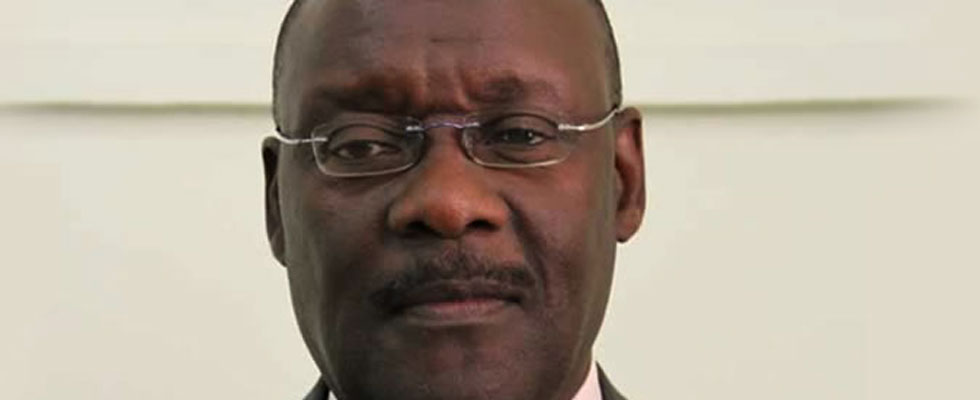
HEALTH and Child Care minister David Parirenyatwa yesterday revealed that only six neurosurgeons had remained behind after the majority fled the country in search of greener pastures a few years ago.
Feluna Nleya Staff Reporter

Neurosurgery (or neurological surgery) is the medical specialty concerned with the prevention, diagnosis, treatment, and rehabilitation of disorders which affect any portion of the nervous system including the brain, spinal cord, peripheral nerves, and extra-cranial cerebrovascular system.
Addressing a neurosurgeons’ conference in Harare, Parirenyatwa said ideally the country ought to have at least 60 neurosurgeons to adequately cater for the population.
The conference was attended by delegates from at least 11 countries which included Brazil, Spain, France, America, Italy, China, Japan, India, Congo, Zambia and Zimbabwe.
“I am pleased that we have six (neurological surgeons) who are fully functional, and 11 who are on training,” Parirenyatwa said.
“For Zimbabwe it has been said we need 60 for the population, I think we are rising and we will get there with this encouragement and training.
- Chamisa under fire over US$120K donation
- Mavhunga puts DeMbare into Chibuku quarterfinals
- Pension funds bet on Cabora Bassa oilfields
- Councils defy govt fire tender directive
Keep Reading
“I wish to urge you all to listen carefully and acquire more knowledge from the high profile faculty and translate all this into excellent health delivery service to our people.
“My dream is to develop real centres of excellence in our country and for that to be possible we need well-trained specialists in specific disciplines.” Parirenyatwa also said that nurses were also being trained in neurosurgery.
“Past few years we suffered a lot of brain drain, where we trained registered general nurses and they were poached to more developed countries enmasse and we have a very big debt.”
He said the country suffered a lot of brain drain in all areas of the health sector in which there was need to improve conditions of service.
“Since our nurses were being poached we sought to train primary care nurses, but after two years they came and said these are suitable for our old people’s homes. So, you cannot quite win unless we improve conditions of service here so they can stay,” he added.











